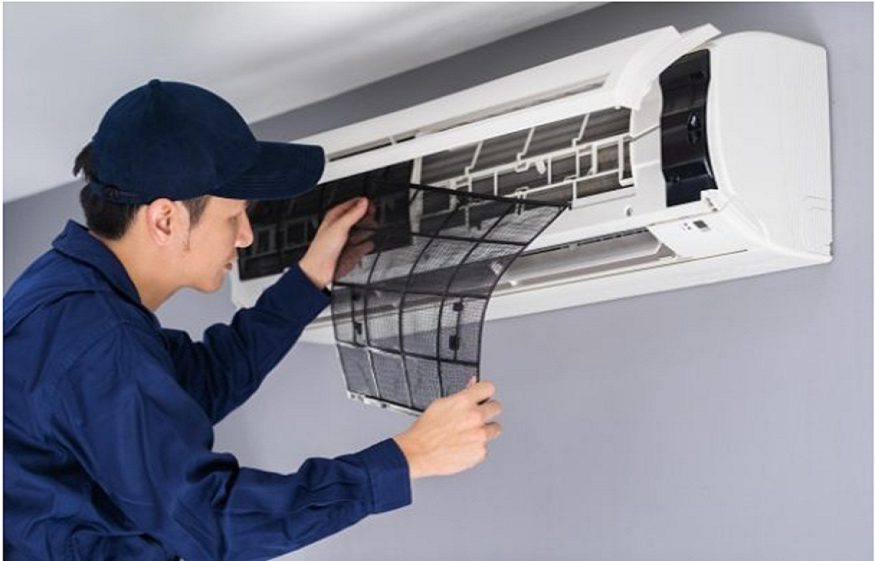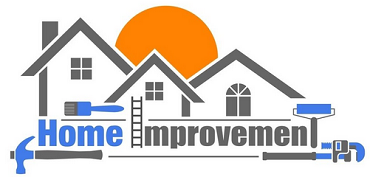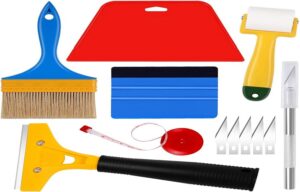Check Out Why My AC Is Not Cooling: Replace or Repair HVAC System

The main question people ask themselves after dealing with hefty repair expenses is whether they should replace the entire system or not. Still, it would be best to weigh numerous factors to determine the best course of action. The most crucial factor is the lifespan of your unit.
According to the US EPA and Energy Star, the AC unit can last up to twenty years. On the other hand, a heat pump can operate for up to sixteen years, while a furnace will work between fifteen and twenty years, depending on numerous factors. As soon as you enter here, you will learn whether AC units are healthy or not.
HVAC or heating, ventilation, and air conditioning system require regular checkups and maintenance to ensure they operate correctly. At the same time, you should consider repairs and tune-ups throughout the lifespan. Still, no matter how much preventive maintenance you put into the system, repairs will sometimes not help you deal with current issues.
In numerous circumstances, you can repair the furnace and AC to ensure efficiency. It means you should replace the entire system. Of course, replacing the entire system is an expensive endeavor, which is why you should consider whether the old one can work until you come up with the money or you need to replace it as soon as possible.
Although you can repair each unit, if you find yourself continually doing so, it may not be worthwhile after a while. Therefore, you should understand each step along the way, which will help you determine the best course of action.
Replacing vs. Repairing
Imagine you wake up in hot summer day finding your room as hot as possible. Then you go to the thermostat but do not get any response. After years of using an HVAC system, you will undoubtedly experience a malfunction in the cooling unit.
Most people think the repair is a fast fix, especially if the problem isa clogged filter or other straightforward issues. However, it is crucial to understand whether it is cost-efficient to repair or you should replace the entire thing.
1. Safety
The primary consideration is safety, a vital factor to remember. You should understand that the heating system is a safety hazard, meaning you should replace it, especially if the repair will be temporary and expensive eventually.
For instance, if you have a lousy heat exchanger on the furnace, that can lead to a carbon monoxide leak, meaning you are creating a fatal environment within your household. This is not the risk you wish to take at any time.
However, if you have problems with faulty wiring or stuck valves, you may need a slight repair. Besides, you should ensure the cost-benefit analysis by checking out the HVAC company assessment, which is your best choice. The best way to learn about Why Air Conditioner Not Cooling is by entering a link we shared with you.
2. Lifespan
The next step is to consider the age of your unit. As mentioned before, the average life of your AC unit is up to twenty years. In some situations, during the installation process, your trained and licensed technicians will write down the installation date.
At the same time, you can check inside the chamber door for an ID plate that features serial and model numbers. You can call customer service to determine the date of the unit. However, if your HVAC unit has more than twenty years old, it is essential to think about discarding it and finding a new one.
The above numbers are averages, meaning half of all units will not reach the date, while the other half will function appropriately for the next few years. Therefore, you should decide based on your specific situation, meaning calling an HVAC company to assess everything beforehand.
At the same time, other things can affect your HVAC system for additional longevity. For instance, when you live in areas with hot summer months, the AC unit will work over time, meaning it will not last more than the average lifespan.
Visit this link: https://www.epa.gov/ods-phaseout/homeowners-and-consumers-frequently-asked-questions to understand the frequently asked questions consumers and homeowners make about HVAC system’s durability.
It would be best to consider AFUE or annual fuel utilization efficiency because old units tend to burn more electricity than other options. Besides, you will increase your household’s carbon footprint, ending up in more significant bills. On the other hand, an old cooling system may have AFUE lower than sixty percent, which is vital to remember.






